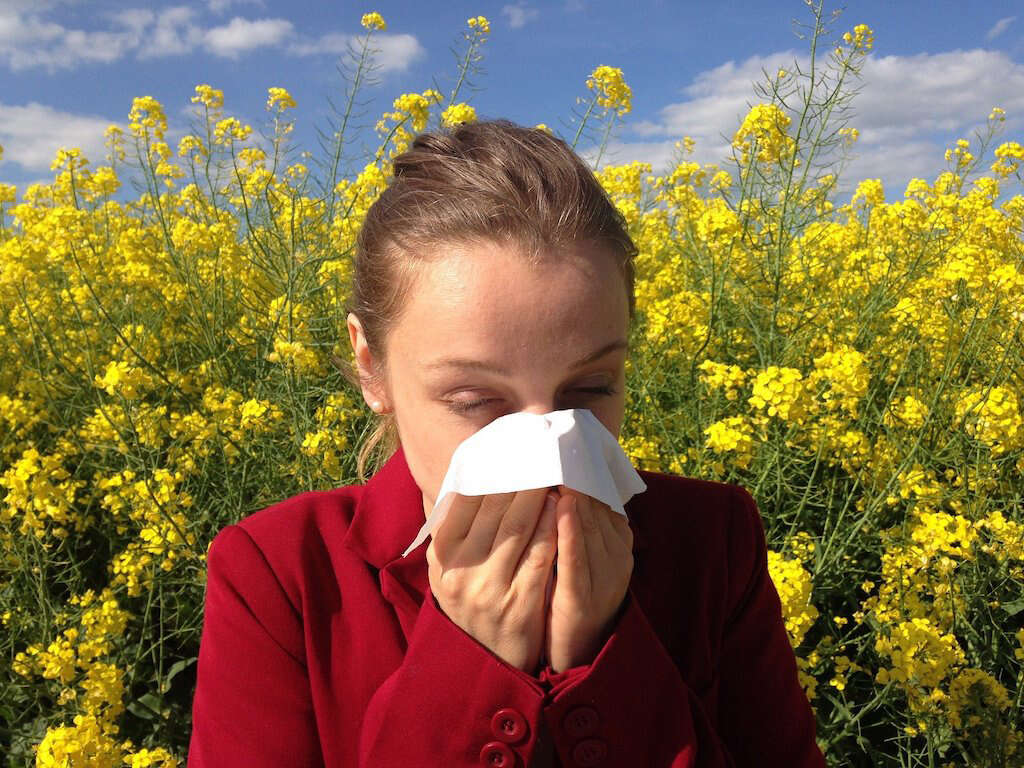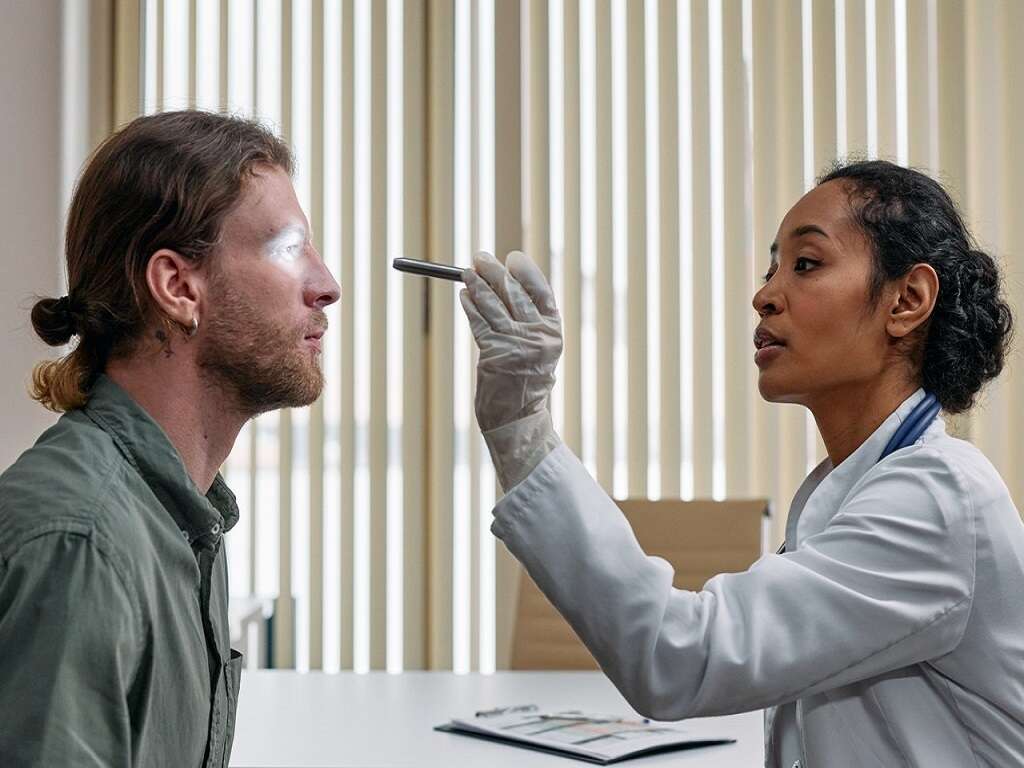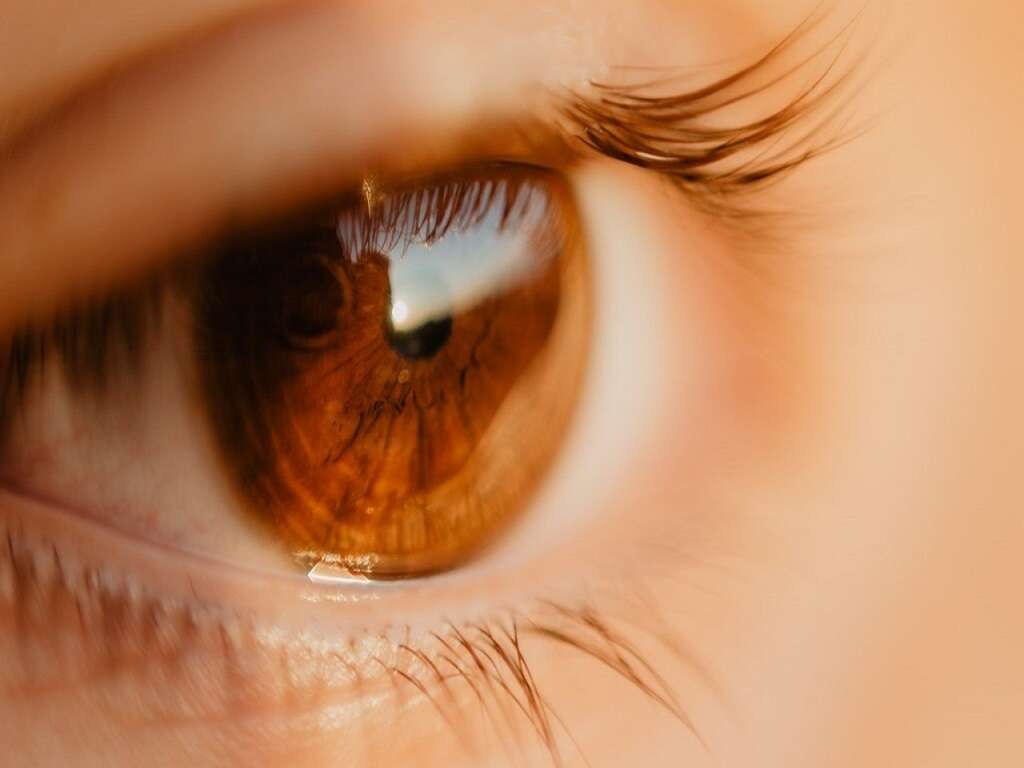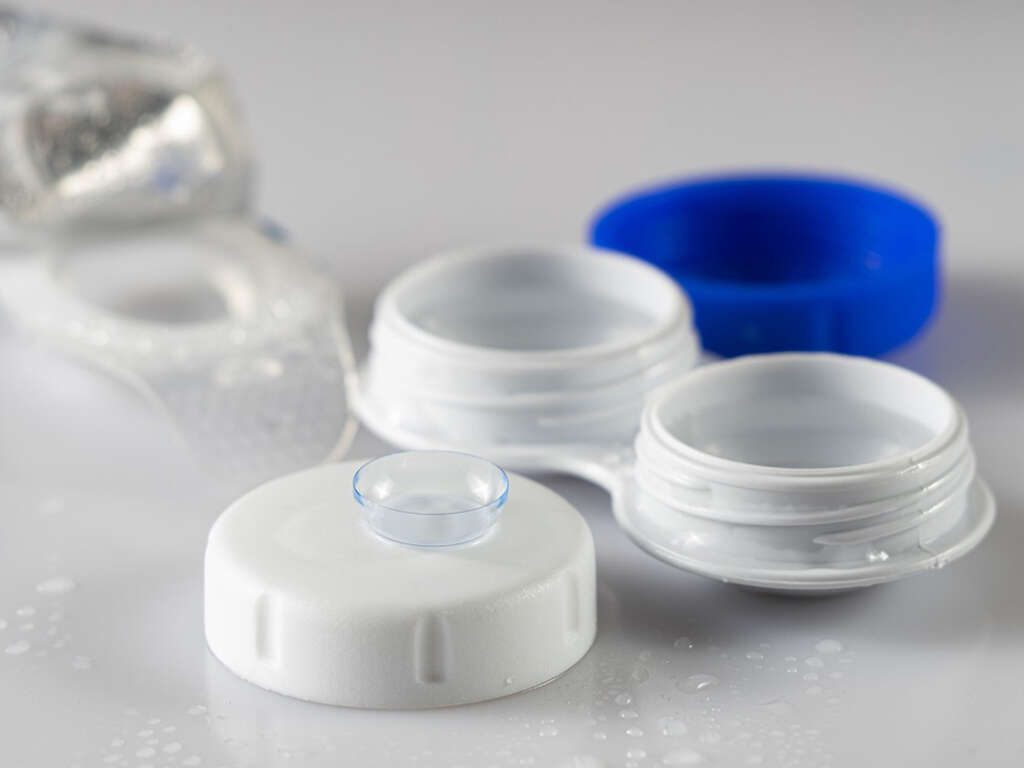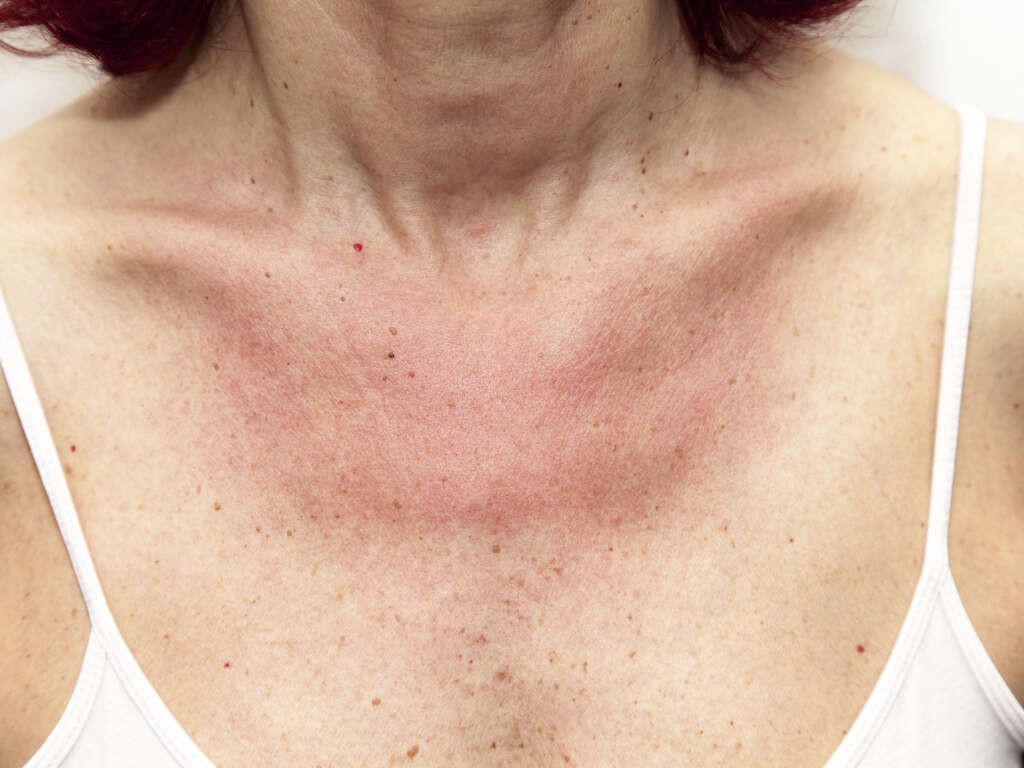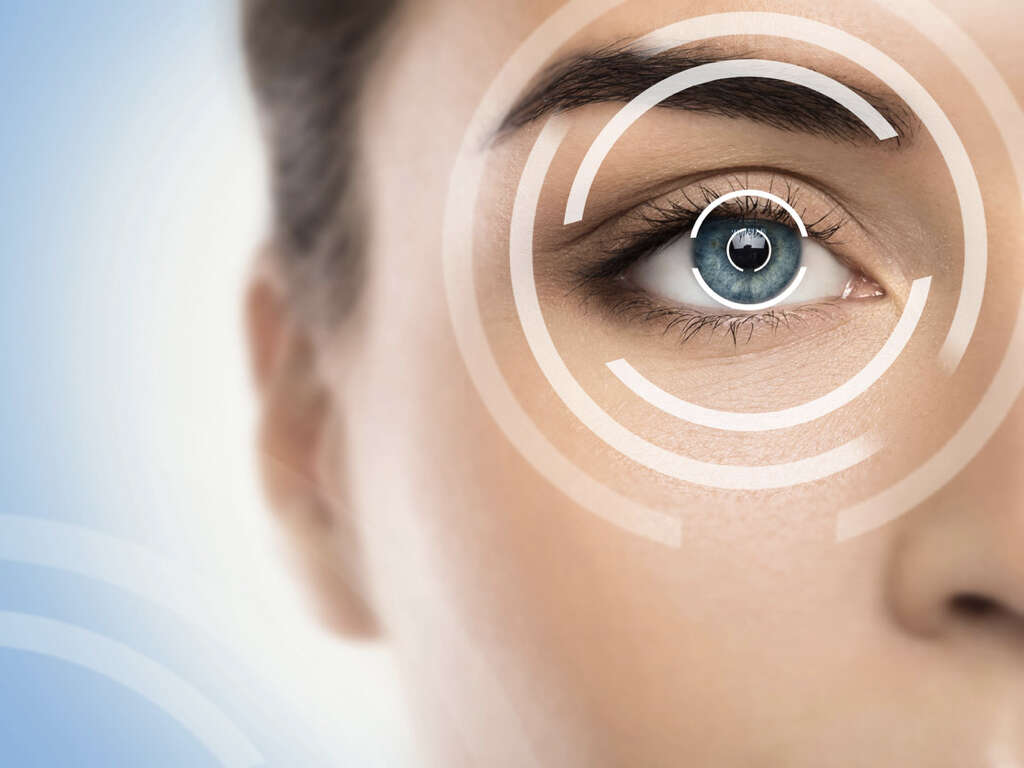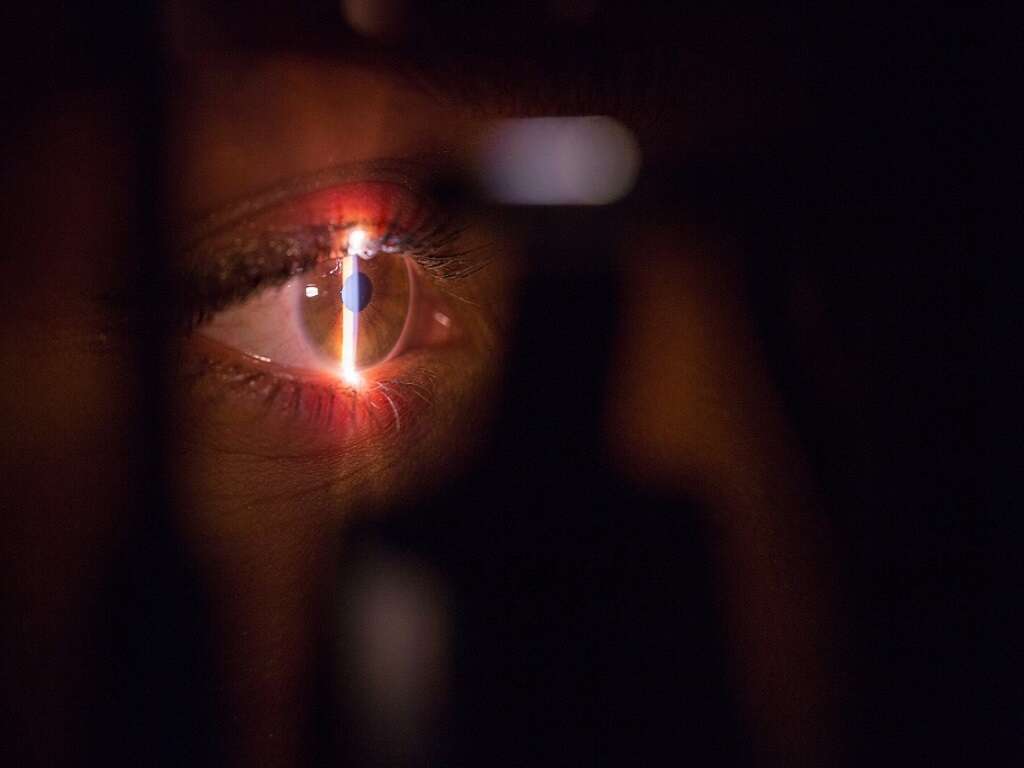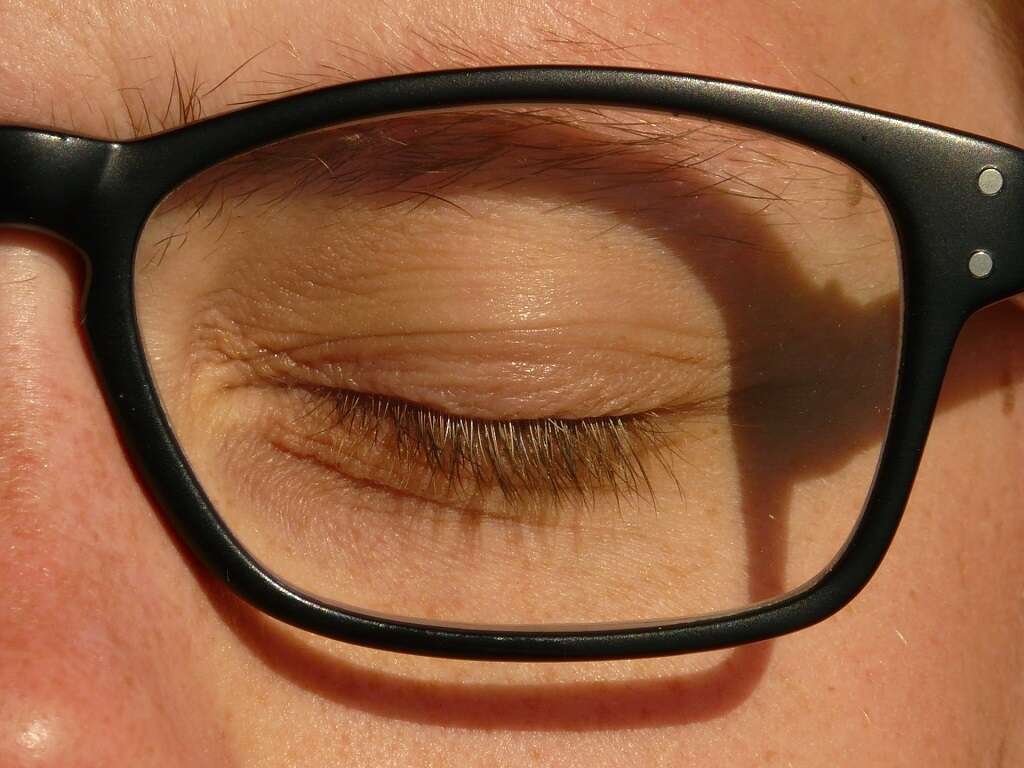Causes of Dark Circles Under Eyes
 Article Sources
Article Sources
- 1. Sheth, Pratik B., et al. 'Periorbital Hyperpigmentation: A Study of Its Prevalence, Common Causative Factors and Its Association with Personal Habits and Other Disorders.' PubMed Central (PMC), Mar. 2014, www.ncbi.nlm.nih.gov/pmc/articles/PMC3969674/
- 2. Sarkar, Rashmi. 'Periorbital Hyperpigmentation: A Comprehensive Review.' PubMed Central (PMC), www.ncbi.nlm.nih.gov/pmc/articles/PMC4756872/
- 3. 'Allergic Rhinitis.' UCLA Health: Center for High Quality Health Care Services, www.uclahealth.org/allergy/allergic-rhinitis
- 4. 'Dark Circles Under Eyes Causes.' Mayo Clinic - Mayo Clinic, www.mayoclinic.org/symptoms/dark-circles-under-eyes/basics/causes/sym-20050624?p=1
- 5. Roberts, Wendy E. 'Periorbital Hyperpigmentation: Review of Etiology, Medical Evaluation, and Aesthetic Treatment.' JDDonline - Journal of Drugs in Dermatology, 21 Nov. 2019, jddonline.com/articles/dermatology/S1545961614P0472X
- 6. Patterson, Freda. 'Sleep As a Target for Optimized Response to Smoking Cessation Treatment.' OUP Academic, 23 Oct. 2017, academic.oup.com/ntr/article/21/2/139/4562639
Age
Youthful skin has the advantages of fat and collagen to keep it plump and healthy-looking. As people age, their skin loses the ability to produce collagen and fat, which makes the skin thinner.
When the thinning of the skin reveals the darker blood vessels near the eyes, it may result in dark circles. While there isn't much recourse medically, there are a number of cosmetic products on the market that are commonly used to mask the appearance of age-related dark circles.
Advertisement



